Greens’ violent, divisive rhetoric is fuelling terror threat, says Anthony Albanese
Anthony Albanese has accused the Greens of fuelling the community divisions that have prompted the government to raise the terrorism threat level from ‘possible’ to ‘probable’.
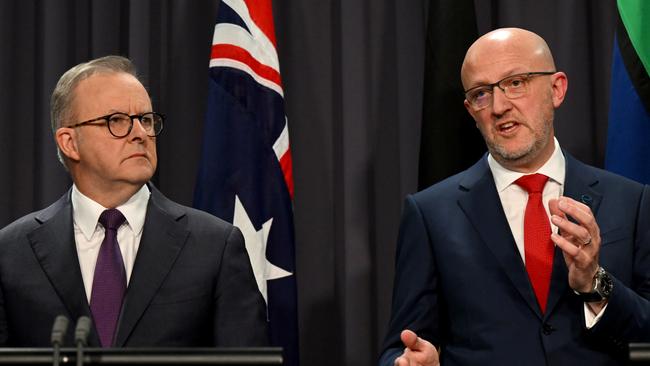
Anthony Albanese has accused the Greens of fuelling the community divisions that have prompted the government to raise the terrorism threat level from “possible” to “probable”, saying the party’s support for long-running protests outside MPs’ offices is undermining social cohesion.
The Prime Minister attacked the hard-left party after the nation’s domestic spy chief warned on Monday that surging levels of personal grievance and intolerance were driving disaffected Australians to violence.
ASIO boss Mike Burgess said the war in Gaza was contributing to the growing terrorist threat, which would escalate if the conflict spread to Southern Lebanon.
But the rising tensions in the Middle East were not the only factor, he said, blaming social media for amplifying a raft of extremist ideologies and conspiracy theories.
Mr Burgess put the threat of an attack over the next 12 months at higher than 50 per cent, warning young lone-wolf actors with guns and knives posed the biggest risk.
The heightened threat level follows eight terrorist attacks or disruptions of terror plots since April, including the Wakeley church stabbing by a 16-year-old boy, which triggered more than two dozen further arrests.
Mr Albanese on Monday cautioned that “probable does not mean inevitable”, and called on political leaders to “lower the temperature of debate”.
He blasted the Greens party, which has accused Labor of “complicity in genocide”, saying its encouragement of protesters who have blockaded and vandalised Labor MPs’ offices is designed to trigger a partisan response.
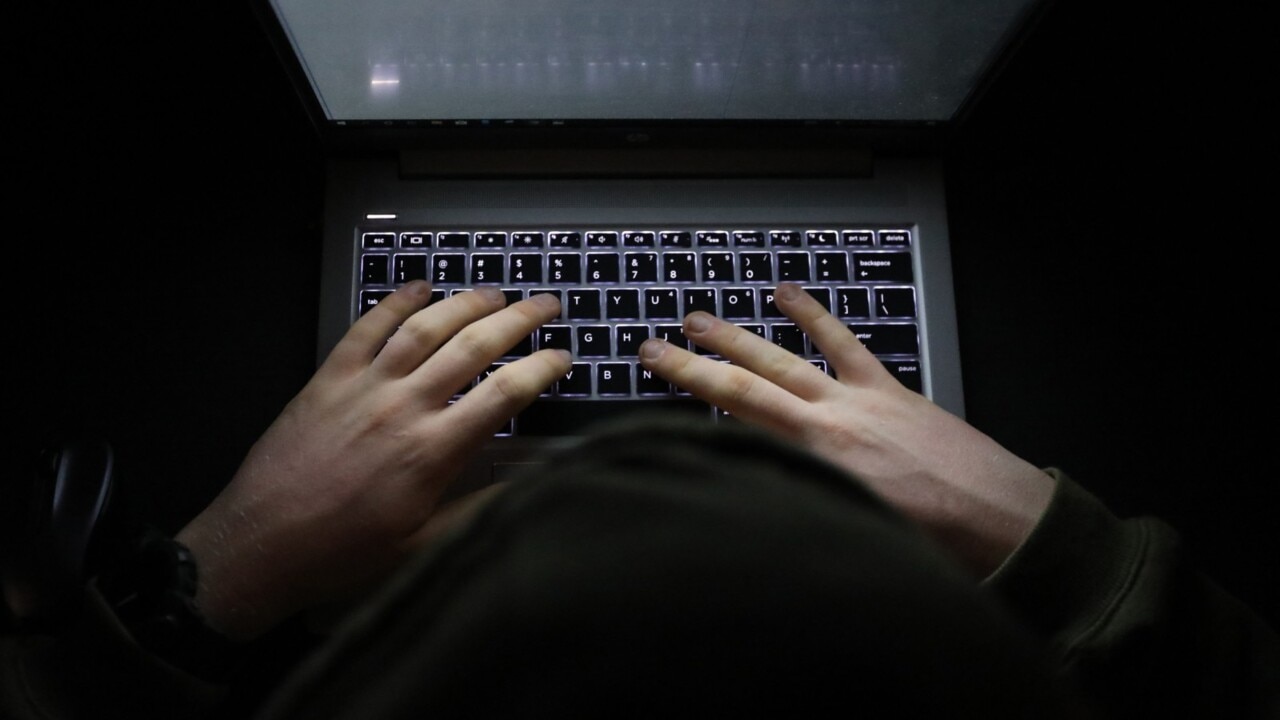
“It’s not appropriate for people to encourage some of the actions outside electorate offices and to dismiss them as being just part of the normal political process,” the Prime Minister said. “It is not normal to have people in occupations for months outside electorate offices, where the work of those electorate offices is to assist people in social security and health and other areas. They’re not participants in the Middle East conflict.”
Greens home affairs spokesman David Shoebridge hit back, accusing Mr Albanese of “politicising terror” and attacking those who were “pushing for peace”.
“It was deeply irresponsible for Prime Minister Albanese to use this moment as a platform to air his political grievances and conflate good people concerned with specific actions of his government with far-right conspiracy theorists,” Senator Shoebridge said.
Peter Dutton said Mr Albanese should share the blame for the escalating community tensions, accusing the government of failing to act decisively to tackle surging anti-Semitism since the October 7 attack on Israel.
The Opposition Leader said the protests on the steps of the Sydney Opera House in the days after the Hamas attack were “a disgrace” that should have been met with a tougher government response, while anti-Israel rallies at university campuses had been allowed to go on for far too long.
“I think the proper response required from the leader of our country is to show strength, not weakness, and the amount of anti-Semitism that is now occurring on a common basis in our country (is) unprecedented,” Mr Dutton said.
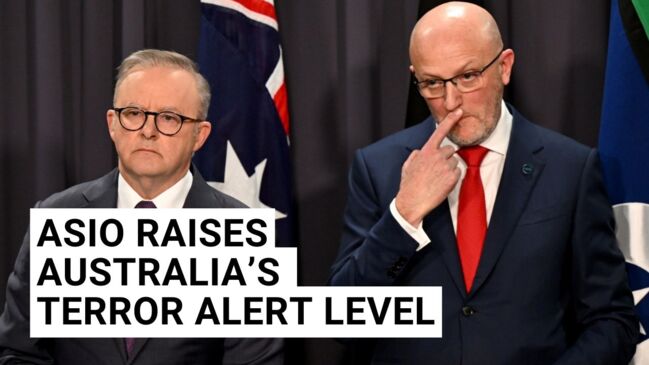
“Whether it’s lunatics who are on the far right as neo-Nazis, or people who are talking about the chants of ‘from the river to the sea’, of exterminating a race of people, it has no place in our country, no place whatsoever, and it should be condemned,” Mr Dutton said.
As Iran threatens to attack Israel over the Jewish state’s assassination of Hamas leader Ismail Haniyeh, the opposition demanded the government take action against Iran’s ambassador to Australia, Ahmad Sadeghi, who called on Monday for the destruction of Israel.
In a post on X, Mr Sadeghi said the “Zionist plague” should be wiped out, and he was “looking forward to such a heavenly and divine promise”.
Opposition foreign affairs spokesman Simon Birmingham said the government needed to say whether the ambassador had breached Australia’s hate speech laws, and reveal its response.
“At a time when Australia faces an increasing terrorist threat, the last thing we need is Iran spreading its campaign of disruption and terror in our own country,” Senator Birmingham said.
Mr Albanese said he had not seen the ambassador’s comments, but lashed Iran’s promotion of “division and hatred”.
The terrorism threat level was last raised to “probable” in 2014, when Islamic State’s radical ideology was considered the predominant threat.
Mr Burgess said politically motivated violence – which included terrorism, rioting or attacks on politicians or democratic institutions – was now on a par with espionage and foreign interference as ASIO’s principal security concern.
He said radical ideologies were being fanned online, with some combining to create dangerous new hybrid forms of extremism.
“Unfortunately, here and overseas, we are seeing spikes in political polarisation and intolerance, uncivil debate and unpeaceful protests. Anti-authority beliefs are growing; trust in institutions is eroding,” Mr Burgess said.
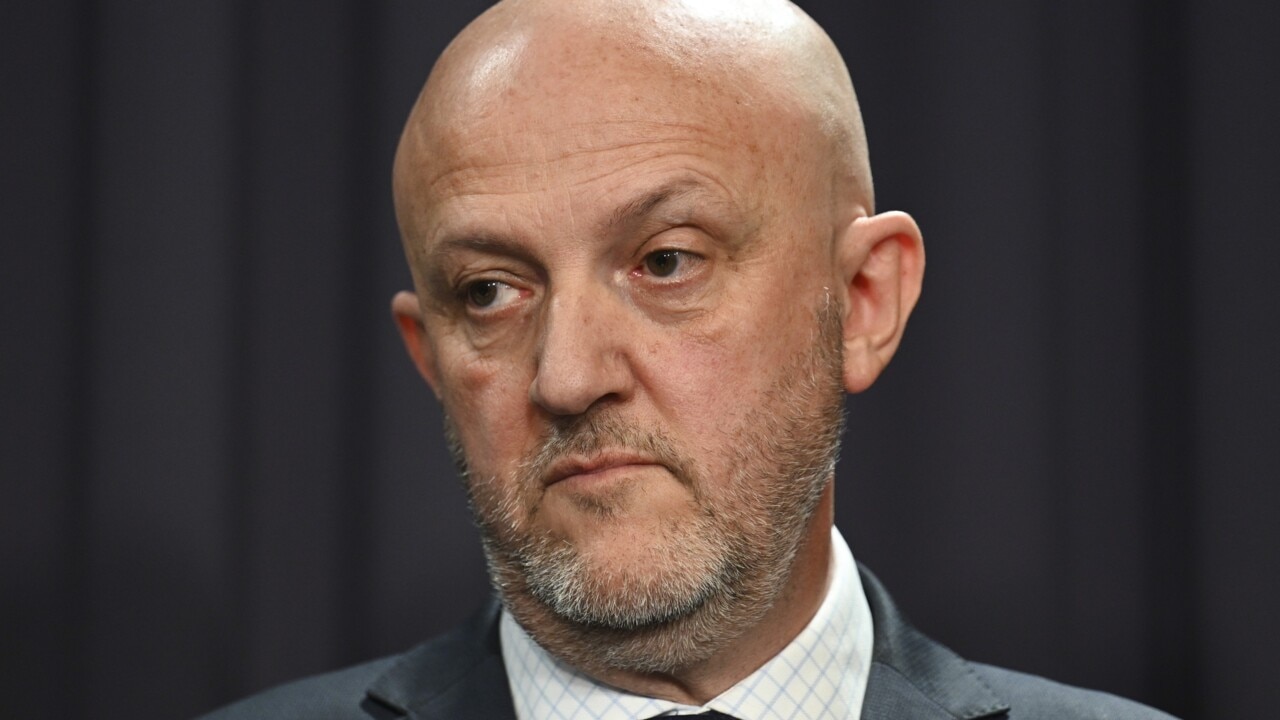
“Provocative inflammatory behaviours are being normalised. This trend increased during Covid and gained momentum after the terrorist attacks on Israel and accelerated during Israel’s military response. The dynamics are raising the temperature of the security environment.”
He said terrorists were being radicalised at a younger age, with social media “the primary platform for radicalisation”.
“In the recent cases, the oldest perpetrator was 21 and the youngest was 14,” Mr Burgess said. “Extremist ideologies, conspiracies and misinformation are flourishing in the online ecosystem, and young Australians are particularly vulnerable.”
Mr Albanese said despite a “considerable increase” in the threats against MPs, which had driven up the number of politicians who require security details, he hoped security concerns would not limit the contact between voters and those who served them.
“In some countries, it is just not possible for citizens to go and talk to their political leaders one-on-one. We should cherish that and value it,” he said.
Attorney-General Mark Dreyfus, who took control of ASIO in Mr Albanese’s recent ministerial reshuffle, said the increased threat level reflected the agency’s advice, but was “not insurmountable”.
Opposition home affairs spokesman James Paterson said the changed ministerial arrangements – under which ASIO was removed from home affairs and moved to the attorney-general – were “unnecessary and harmful” to national security.


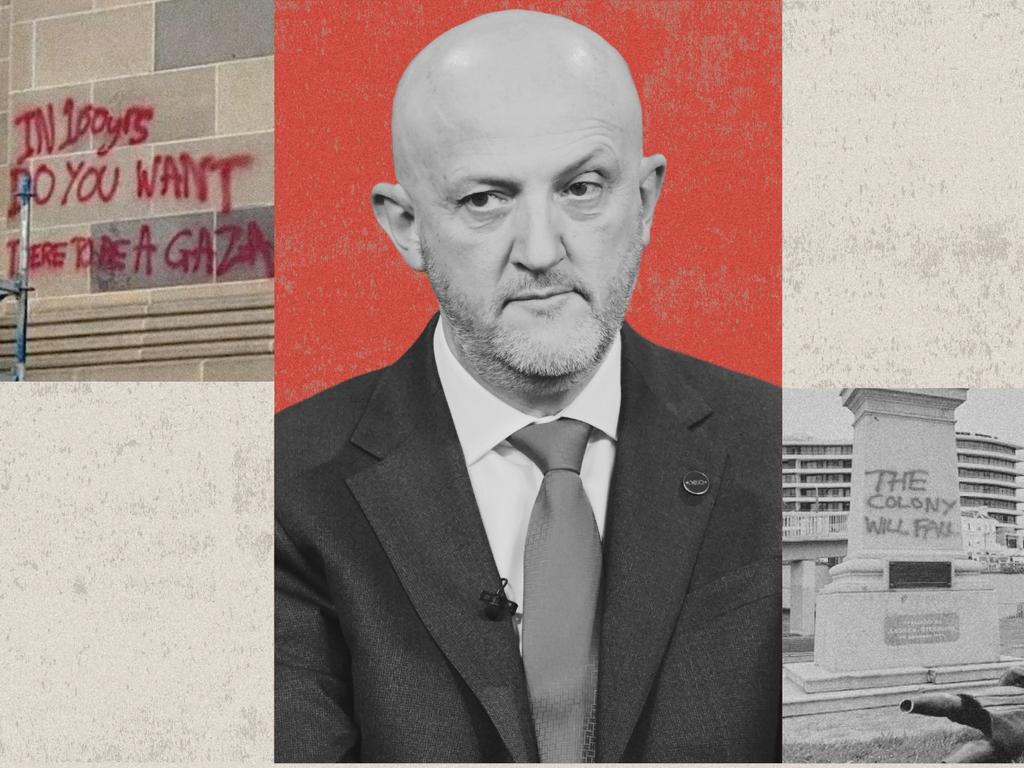

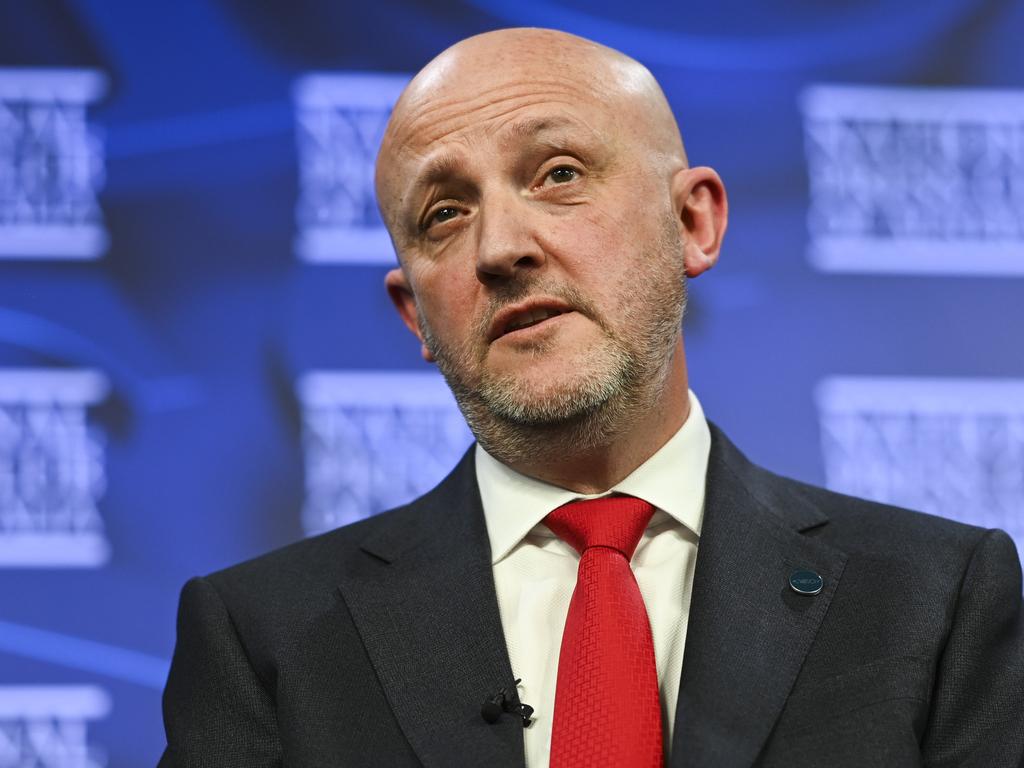


To join the conversation, please log in. Don't have an account? Register
Join the conversation, you are commenting as Logout